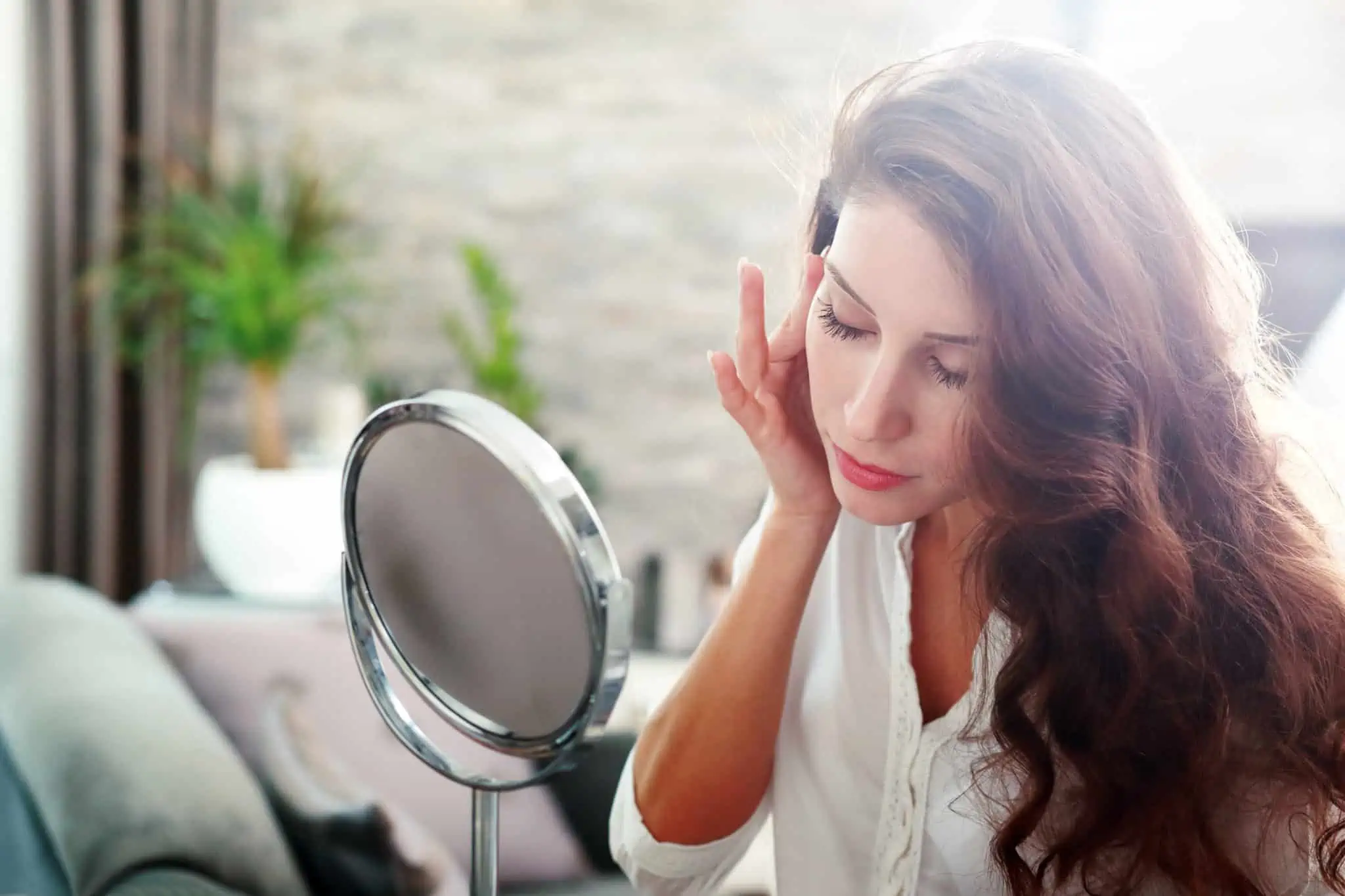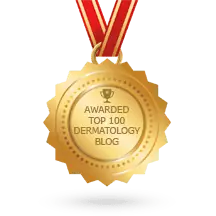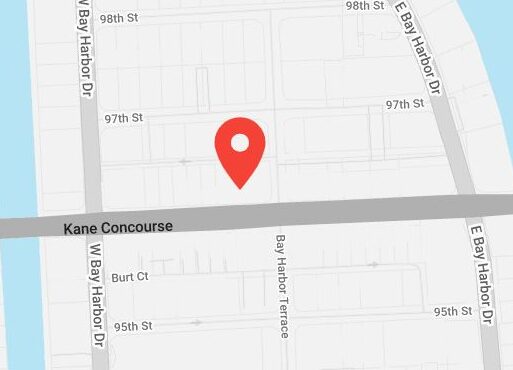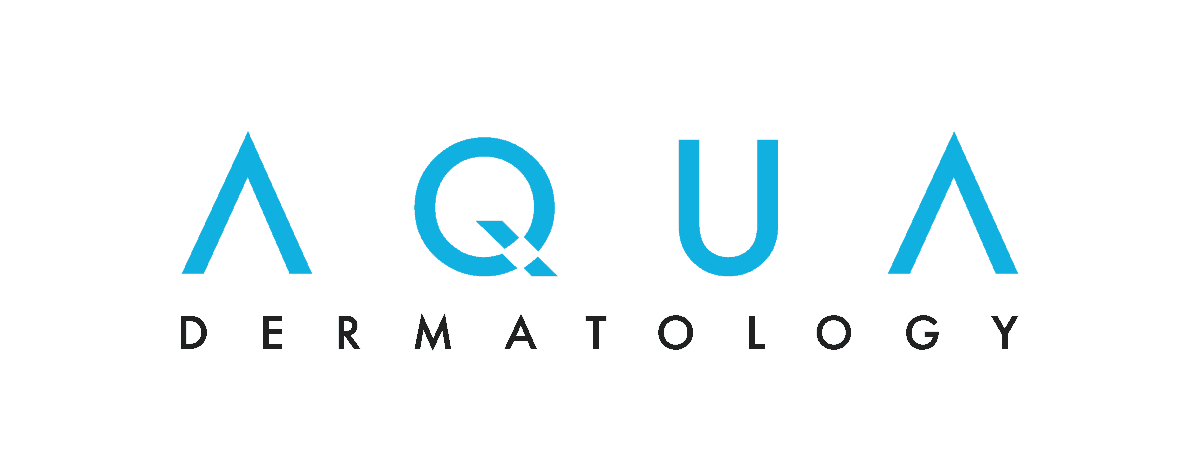
Whether you deal with the occasional pimple or blemish or have severe ongoing breakouts, here’s the truth about acne–and what you can do to make it better.
Who Gets Acne?
It’s likely that you grew up believing that pimples and blemishes were just a teenage thing. Everyone wants to have that light at the end of the tunnel, so if you had acne as a teen, it was probably a relief to think that it would all be over once you hit adulthood.
In reality, it’s not just teenagers who have to deal with pimples. Anyone can get acne, including adults. Even some babies!
For the most part, hormones are to blame for acne. Changing levels of hormones, such as testosterone, are often responsible for triggering breakouts in teenagers. In adults, women may experience breakouts during pregnancy, menstruation or menopause, thanks to fluctuating hormones.
Are There Different Types of Acne?
Several types of acne exist. Blackheads and whiteheads might be the most common. They develop when your pores become clogged with oil or dirt. In the case of blackheads, the oil or dirt oxidizes, which causes the surface to darken. Pimples that become irritated or inflamed are often called pustules or nodules.
A pustule is a pimple that’s filled with pus. It’s often yellowish or white on the top with a red ring around the base. Nodules are red and inflamed. They usually extend deep beneath the surface of the skin.
Cystic acne is a very severe form of acne. The pimples are on the large side and are often filled with pus. Cystic pimples are very difficult to treat without the assistance of a dermatologist.
Can Your Diet Cause Acne?
At some point in your life, someone probably told you that certain foods made breakouts and pimples worse. “Greasy” foods like potato chips and fries and sugary foods like chocolate are usually blamed for causing breakouts. In reality, your diet likely has little to do with whether or not you have acne, as hormones are usually the cause of breakouts.
That said, it’s thought that some foods can make acne worse. For example, dairy products can sometimes be blamed for breakouts. Sugary and starchy foods might also make breakouts worse. If you think that a certain food is playing a role in causing or worsening acne, you can try eliminating it from your diet to see what happens. A high-glycemic diet has also been shown to worsen acne. These foods cause a large increase in blood sugar and increase the risk of heart disease and diabetes. Choose foods with low-glycemic index such as whole grain breads, fruits and complex grains.
Can You Treat Acne?
Good news: You can treat acne. What the treatment involves depends on a few things. Many people find that their blemishes and pimples clear up simply as a result of using certain facial cleansers and other skincare products. Over-the-counter salicylic acid or benzoyl peroxide acne products can often help to clear up pimples and is a good place to start.
More severe cases might require an in-office treatment and support from a dermatologist to prevent scarring. In cases of nodulocystic acne, a dermatologist might prescribe oral medications to help mend the acne. Prescription strength topical treatments might also help to treat severe cases.
How Long Does it Take for Acne to Clear Up?
While you probably want your pimples to vanish overnight, in reality, it can take weeks for them to clear up. Generally speaking, once you’ve found an effective treatment option, it can take anywhere from six to eight weeks before your acne fades away.
Once the pimples and blemishes have cleared, you might consider a treatment such as laser skin resurfacing or a chemical peel to aid in rejuvenating and refreshing the skin.
Whether you have mild acne or a more severe case, a dermatologist can help you find the most effective treatment for it. Dr. Diane Walder is a leading dermatologist in the US. She offers a wide variety of acne treatments at her practice in Miami and can help you decide which one is most appropriate for you. To schedule a consultation with Dr. Walder or one of her associates, call 305-866-2177 today.



